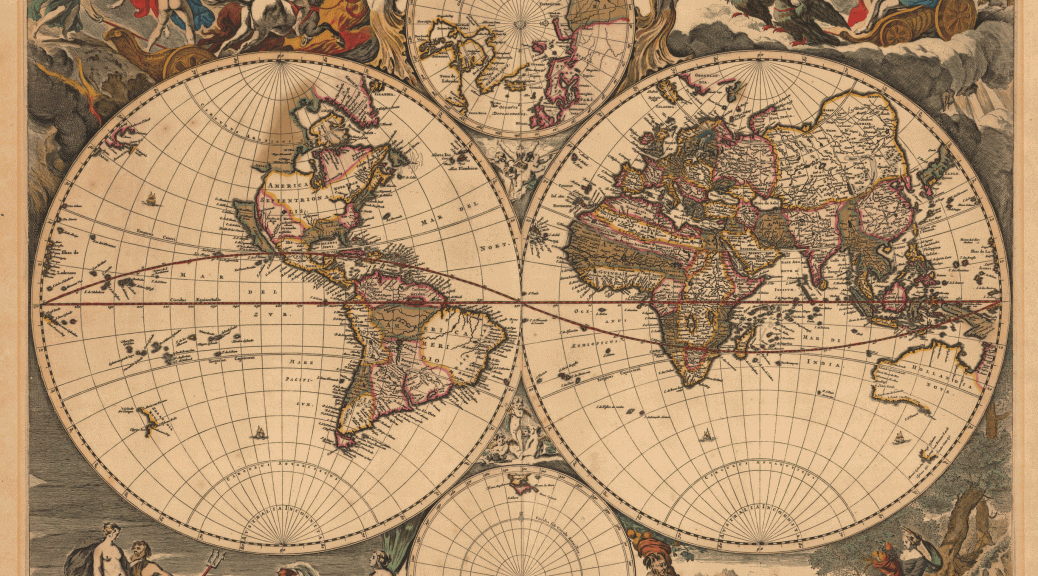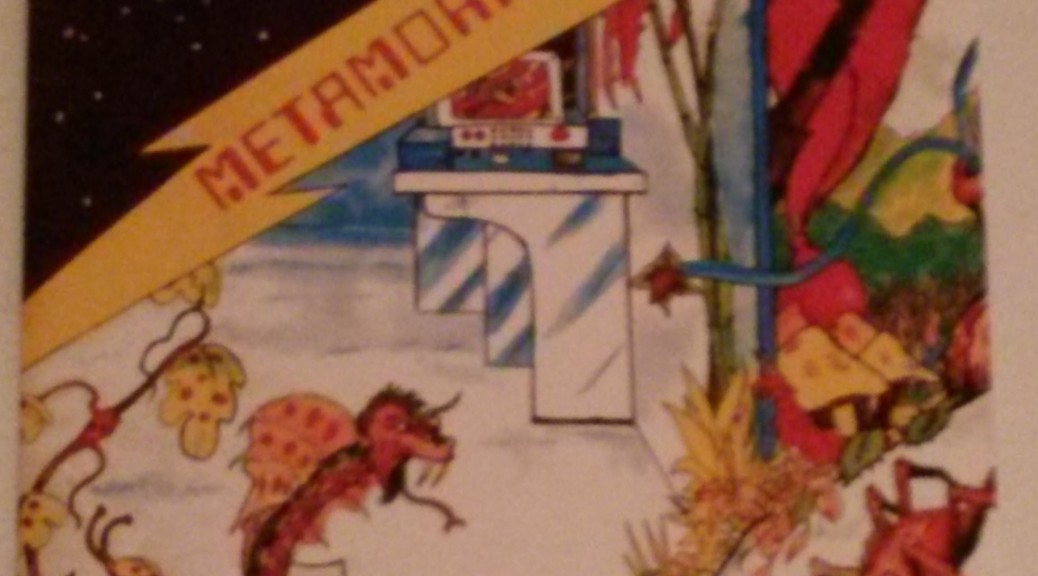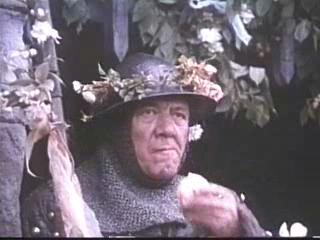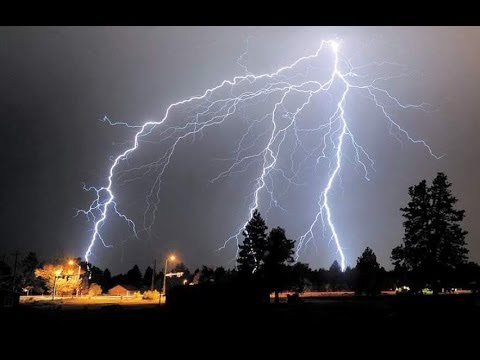Here are some ideas for how to determine the skill and effectiveness of the city watch.
Skill Level: d6
1.) Incompetent – Due to being corrupt, apathy, ignorance, stupidity, asshole, drunkard, or combination.
2.) Raw Recruit – Means well but doesn’t know all the tricks. Makes mistakes out of ignorance and inexperience.
3.) Experienced – Doing this a while and had seen a few things. – Depending on level of motivation knows how to avoid reprimands and extra duty.
4.) Veteran/Seasoned – Doing this a while and had seen a few things.
5.) Skilled – Shows leadership potential, energy, drive, thoroughness.
6.) Leadership Quality – Waiting for an opening, or just good at the job and doesn’t want the added responsibility.
NOTE: A bribed in the pocket guard may not be incompetent. They may be very skilled and do their job correctly, accurately, and conscientiously, except for the one/group who owns them. They could be owned by threat of force rather than being bribed or a willing member of the network. Being under a charm or suggestion is also a possibility.
Training:
Similar to skill level is training. Are there regular drills? Are the guards familiar with the laws and do they apply them correctly?
Performance:
The way the guard goes about performing their duties will have a big effect. Are they too lenient or brutal in their enforcement? Guards that are too lenient, too strict, or too brutal will all have a negative impact on how the citizens view them.
Condition of the guard: d8
-Individually, at a particular post or roving squad, or the entire town. A post might be a specific gate, tower, neighborhood, etc. Festivals, celebrations, and quality of leadership can also affect this.
1.) -Alert – paying attention
2.) -Unobservant
3.) -High Alert – Monster incursions, assassination attempt, etc.
4.) -Nervous
5.) -Apathetic
6.) -Drunk
7.) -Drugged
8.) -Incapacitated
Motivation: d10
1. ) -Eh, it’s a job
2.) -I love my job and want to be the best!
3.) -Bribed – Will only go along as long as they don’t get caught.
4. ) -On the Take – Irregular payments from an individual or an organization.
5.) -Blackmailed – Item or loved one at risk. Remove the risk and the motivation changes.
6.) -Charmed – May have been charmed by an adventure party or the local wizard. Perhaps a town with a powerful wizard in charge has charmed all the town guard to make sure he isn’t interrupted, root out the thieve’s guild, etc. What happens when they make their save? Is their charm a potion in their food or drink?
7.) -I live here and so does my family. My job keeps them safe.
8.) -Conscript – I don’t want to be here, but I have too.
9.) -Bully – Likes telling others what to do.
10.) -Plant/Fake – Group of NPC’s have impersonated/replaced/joined the guard for some unknown reason. Monsters seeking to take the city, rob a tomb or temple, take out rivals, doppelganger, demon, etc. Will fit in so as not to be noticed. May not be able to withstand magical scrutiny, a la known alignment, detect magic, true seeing, etc.
Morale:
As usual, the level of pay, training, and rewards from management will affect morale. A detail on the gate to the rich part of town would most likely have a better morale and be more likely to do a good job. A small town in the midst of a drought, famine, monster incursion, military invasion, or other economic downturn might have guards that feel helpless and who won’t stand and fight. In addition to the backstory developed by the DM, the events unleashed on the campaign by the players could have far reaching and unintended consequences.
Strictness – The Law/Chaos scale is helpful to a degree. This can vary from a simple, stay out of trouble and don’t get the town leadership’s attention. The extreme would be any law broken must be attended to and the appropriate judgement and penalties distributed. Would a bar fight get you run out of town or locked up for a period of time? What if you got in a fight with a rival? Would it result in a price on your head? Are the town guard law enforcement officers looking for sources of revenue through fines for infractions of a huge legal code, or keepers of the peace looking to keep thing quiet?
Location – A border town whether it is between kingdoms, or the last bastion of civilization in the area will tend to have guards that are more alert. If not, the town is easy pickings for invasion/infestation. However, border towns can still have a poor quality of guard overall. Cities on the interior of a kingdom might have lax guards who have grown soft and are not up to an invasion or monster incursion.
Equipment – The type of weapons and armor and it’s quality will have an effect on the effectiveness and morale of the guard. If all they have is a badge and a nightstick, they won’t be of much use against a fully equipped party. If they all have plate mail, they won’t be up to a foot chase against unarmored miscreants.
If the gates, portcullis, battlements and walls are in disrepair, it will have some effect on morale. If there was an illusionist in power, a permanent illusion to hide the true condition of the walls could make a big difference to morale. As long as guards weren’t falling through holes, or walls were collapsing, it would work, Mysteriously injured and missing guards would have the opposite effect.
Quality of Officers – This will be similar to the skill level. A new lieutenant due to a political appointment, might want to do a good job but be incompetent from inexperience. Or they might just view it as an opportunity to order people around, and not really get the nature of the duties and responsibilities of the guard. Internal politics of a town or city could influence this also.
If officers are bullies and unresponsive to the needs of their men, this will impact morale. If there is cause for fighting on the walls, officers could have the equivalent of being fragged. For example, the men could fall back in fighting and let them fall, or push them over the wall.
Group Dynamic – Is the guard as an organization honorable and do their best to keep order and keep the town safe? If there is corruption, is it limited to a single gate or neighborhood, or is the whole guard corrupt? Does the corruption go all the way to the top? For example, if the thieve’s guild owns the town guard, do they also control the leadership? Is the leader of the town secretly the guild master of the thieve’s guild?
Popular Sentiment – How does the town view the guard? Are they corrupt, but keep the peace and keep the town safe? Or are they corrupt and a burden to the town? Is the leader/government of the town in on the corruption? Do any problems that get out of hand draw the attention of the nearest feudal overlord, or the king?
Other Groups – In addition the religious institutions, merchants, guilds, farmers, and others with a stake in how the guards perform their duties. Will the leader of the main temple get involved? Will the mages guild decide to step in for the good of the town, or their own motivations?
How do all the motivations and goals of all the various groups that make up the town or city mesh? If all the groups in a town are more concerned with their own group’s agenda rather than the safety of the place, the guard may not be the best. If most of the groups understand that if the town is not safe that it doesn’t matter what their group’s goal is, then the guard is likely to be better funded and trained.
If town is only a placeholder of civilization to rest and resupply between forays into the local dungeon, then you may not need much detail on the guard. However, if you plan on a lot of city/town adventures, you will want to think about how all of these things inform what kind of guards the PC’s will encounter.




